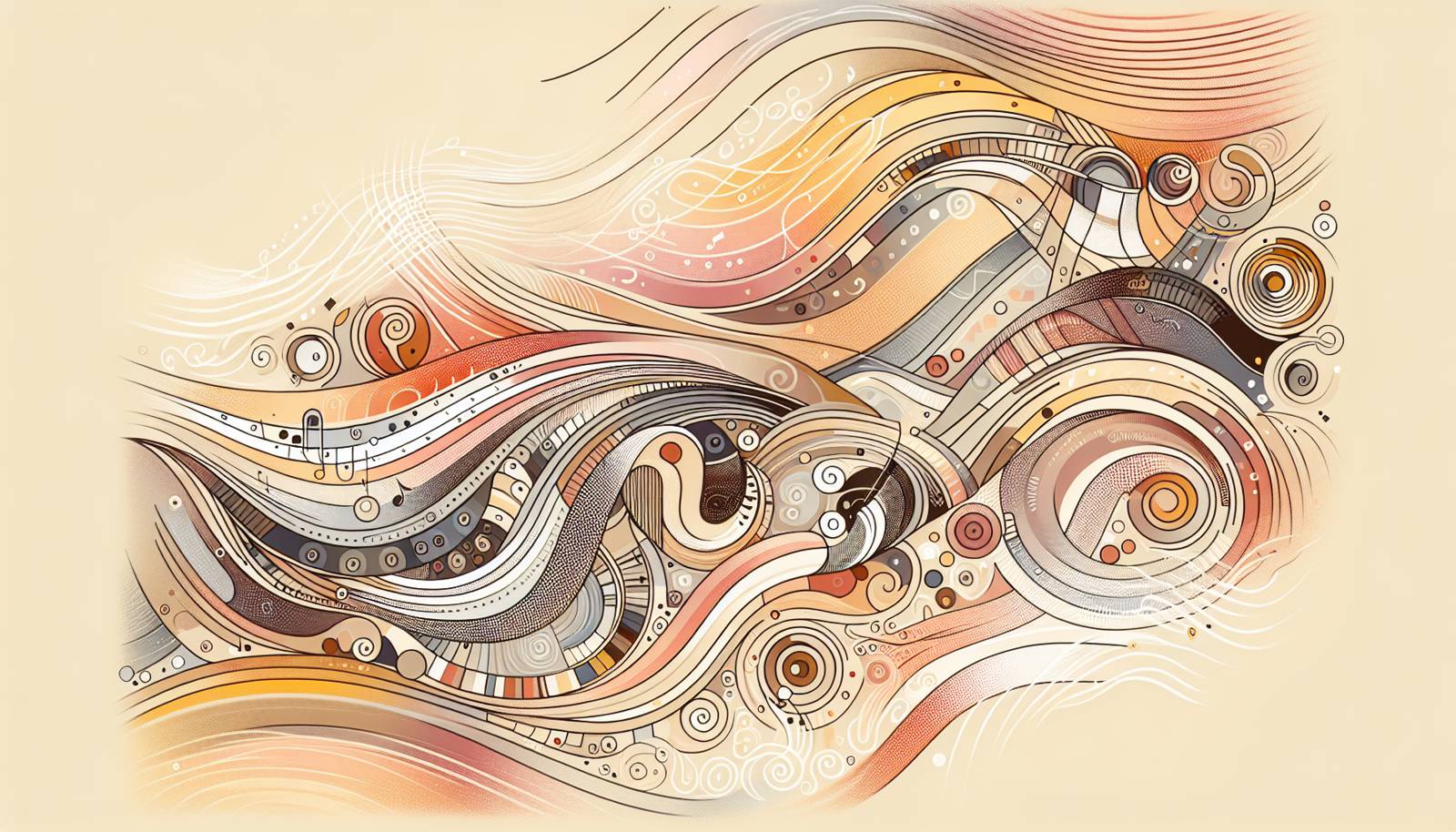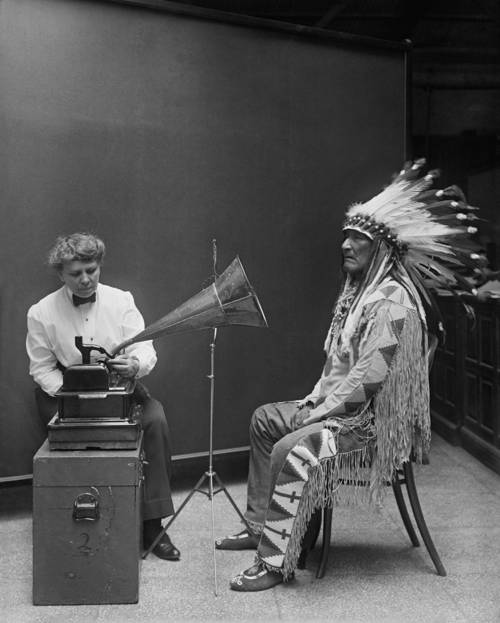
FAQ About The Influence of Ethnomusicology on Global Music Perception

What is ethnomusicology?
Ethnomusicology is the study of music from different cultural contexts, focusing on how culture influences the creation, performance, and perception of music. It combines aspects of musicology with anthropology, aiming to understand music as a social phenomenon.

How does ethnomusicology influence global music perception?
Ethnomusicology influences global music perception by highlighting and celebrating the diversity of musical traditions around the world. It challenges ethnocentric views by emphasizing the cultural context of music, thus broadening the understanding and appreciation of global musical diversity.

In what ways has ethnomusicology contributed to modern musicology studies?
Ethnomusicology has expanded modern musicology by incorporating anthropological methods, emphasizing fieldwork, and valuing music within its cultural milieu. This interdisciplinary approach has enriched the analysis of music’s roles in society and has fostered a deeper appreciation for musical diversity.

Can you give an example of how ethnomusicology has changed perceptions of a particular music genre?
An example is how ethnomusicology has changed perceptions of jazz. Originally seen as a uniquely American genre, ethnomusicologists have explored its roots in African and Caribbean traditions, thereby tracing its global influences and enriching its historical narrative.

Why is cultural diversity important in the study of music?
Cultural diversity is vital in music studies as it allows for a comprehensive understanding of music as a universal human expression. Recognizing diverse musical traditions helps prevent a narrow view and fosters cultural appreciation and respect.

How do ethnomusicologists conduct their research?
Ethnomusicologists often conduct research through fieldwork, which includes participating in and observing musical practices, interviewing musicians and audiences, and analyzing music within its cultural context. This hands-on approach allows for in-depth understanding of music’s role in different societies.

What role does technology play in ethnomusicology today?
Technology plays a significant role in ethnomusicology by enabling the recording, sharing, and analysis of music from around the world. Digital archives, recording equipment, and online platforms allow researchers to access and disseminate musical traditions widely.

How has ethnomusicology impacted contemporary music production?
Ethnomusicology has impacted contemporary music production by inspiring musicians and producers to incorporate diverse musical elements into their work. This has led to the blending of genres and the incorporation of traditional instruments and scales in modern compositions.

What are the challenges faced by ethnomusicologists?
Challenges include navigating cultural sensitivity, overcoming language barriers, obtaining access to remote communities, and ensuring ethical representation of cultural music traditions. Ethnomusicologists must be careful to respect cultural ownership and intellectual property rights.

How does ethnomusicology help in preserving musical traditions?
By documenting and analyzing traditional music, ethnomusicology plays a key role in preserving musical heritages. This research helps maintain cultural memory and allows future generations to access and revive musical traditions that might otherwise be lost.

Can ethnomusicology help combat cultural appropriation in music?
Yes, ethnomusicology can combat cultural appropriation by fostering greater awareness of the cultural origins and significance of music. It promotes respect for intellectual property rights and encourages musicians to engage with cultural traditions ethically.

What are some popular methods used in ethnomusicology research?
Some popular methods include participant observation, ethnography, interviews, and audio-visual recording. These methods help ethnomusicologists gather comprehensive data about musical practices within their cultural contexts.

How can ethnomusicology contribute to education?
Ethnomusicology can contribute to education by broadening music curricula to include diverse cultural traditions. This approach enriches students' understanding of global cultures and encourages respect for diversity.

What is the relationship between ethnomusicology and anthropology?
Ethnomusicology and anthropology are closely linked, as both fields study cultures and societies. Ethnomusicology applies anthropological methods to understand music's role and significance within different cultural contexts, creating a richer understanding of human expression.

How has globalization affected ethnomusicology?
Globalization has expanded the scope of ethnomusicology by facilitating the cross-cultural exchange of musical traditions. While it presents opportunities for shared learning, globalization also poses challenges regarding the protection and authenticity of musical heritages.

What are some well-known ethnomusicologists and their contributions?
Notable ethnomusicologists include Alan Lomax, known for his extensive field recordings of American folk music, and Mantle Hood, who pioneered the bi-musicality concept, encouraging the study of music by learning to perform it authentically.

How do ethnomusicologists deal with music from digital cultures?
Ethnomusicologists approach digital music cultures by studying how technology shapes music creation, distribution, and perception. They examine online communities, digital instruments, and virtual performances to understand evolving music practices.

Can ethnomusicology have a role in peacebuilding?
Ethnomusicology can contribute to peacebuilding by promoting intercultural dialogue and understanding through music. By highlighting commonalities and celebrating differences, it can help bridge divides and foster harmony between diverse groups.

What is the future of ethnomusicology?
The future of ethnomusicology lies in embracing technological advancements while ensuring cultural respect and sensitivity. As global interactions continue to increase, ethnomusicologists will play a crucial role in preserving cultural identities and promoting cross-cultural understanding.

How does ethnomusicology relate to world music festivals?
Ethnomusicology provides the academic foundation to understand and appreciate the musical diversity showcased at world music festivals. These festivals often incorporate research findings to present authentic representations of global musical traditions and foster cultural exchange.
